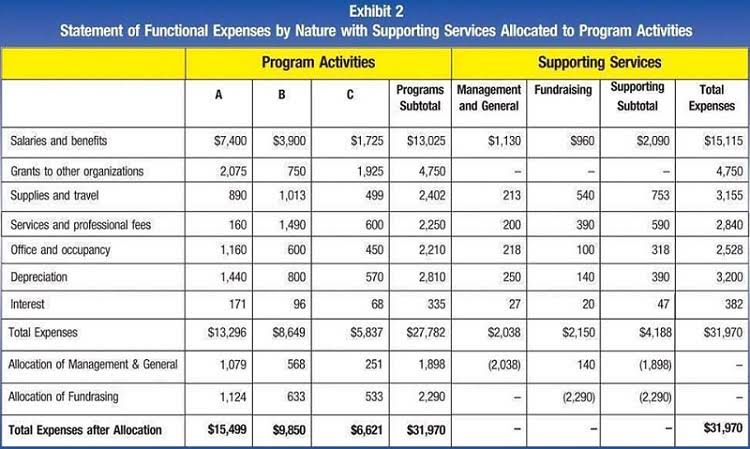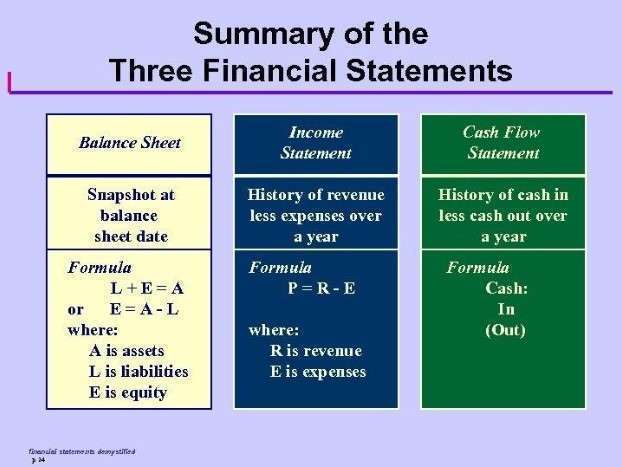
Beyond that, it is up to the bank’s discretion, which may include contacting the account holder for approval. The bank also can simply bounce the check without even trying to reach out, which means the depositor may get hit with a “deposit item returned” fee that can be up to $30 or more. A check with “void” written on it means no one can cash or deposit it. A check can also be considered void if it’s missing critical information or goes through the escheat process. After a certain point, they go “stale” and are considered outdated, which is distinct from having a true expiration date. A check is usually payable at the time it is negotiated or presented to a bank for deposit or cash.
Personal Checks vs. Company-Printed Checks
Once you discover an uncashed check, also known as an outdated or stale check, should you cash it? That can be a tricky question because of the confusion surrounding the shelf life of a check. If you have a problem with a stale or expired check, it’s best to consult with a financial lawyer who can advise you on the best course of action. LegalMatch.com can connect you to a lawyer who can explain the legal remedies available to you and what your best option might be. Another solution is to contact the person or business that wrote the check and ask them if they would issue another check to replace the stale one.
- The only exception to stale-dating may be a certified check, which must be honored, even after 180 days.
- A personal check that’s several months old may have been forgotten by the issuer.
- Checks may say they’re only good for 90 days (or 180 days).
- U.S. Treasury checks are paper checks issued by federal government agencies.
- Outstanding checks that remain so for a long period of time are known as “stale” checks.
- But banks might not notice the date, or they might choose to process stale-dated checks for customers.
- It’s always best to contact the issuer before trying to cash a stale or outstanding check.
Chase for Business
- An important point here to note is even if these checks become stale, it does not imply they have become void and cannot be encashed.
- Imagine a check as a perishable item with a shelf life of six months.
- You must handle bill payments, clear debts, and ensure timely employee payment.
- A check can also be considered void if it’s missing critical information or goes through the escheat process.
- Once you discover an uncashed check, also known as an outdated or stale check, should you cash it?
- If time goes by, you might find yourself wondering “How long is a check good for?
Our in-house research team and on-site financial experts work together to create content that’s accurate, impartial, and up to date. We fact-check every single statistic, quote and fact using trusted primary resources to make sure the information we provide is correct. You can learn more about GOBankingRates’ processes and standards in our editorial policy. Due to the popularity stale dated checks and ease of electronic payment and cash transfer apps, the use of paper checks is slowly declining. Despite this decline, paper checks are not yet obsolete, so there might be an instance in which you have to write, cash or deposit one. Some cashier’s checks have no specific expiration date and should theoretically be valid for as long as the issuing bank is operating.
Do Checks Expire? How Long Are They Good For?

Check your account to ensure no checks older than six months are still uncashed; the bank might consider them stale. Treasury (like a federal tax refund) are good for a year from the date they’re issued. State government checks usually stay valid for six months to a year, depending on the state. Someone who wrote a personal check is probably not prepared for the hit their checking account balance will take if you cash it months later.
The Bottom Line On Stale Checks

BankersOnline is a free service made possible by the generous support of our advertisers and sponsors. Advertisers and sponsors are not responsible for site content. Please help us keep BankersOnline FREE to all banking professionals.
Can I deposit or cash an old check?
The only additional task related to them is the employer must send his employee to cash it within a specific time. If he fails to remind his HR employee or any other professional who is in charge of taking the checks to the bank, they become stale-dated checks. The person who issued the check can also contact the bank to verify that the check will not be accepted beyond its expiration. A stop payment order is a formal request to cancel a check that has not been processed. Legally, banks are obligated to honor checks within the 180 days, but banks are not required to cash or deposit checks that are past this date.
Also, the issuers of checks sometimes note a time limit on their checks’ validity on the face of the check. Generally, a “stale check” (also called a “stale-dated check”) is an uncashed check that’s more than six months old. Although banks, credit unions or other financial institutions might let you cash or deposit an outdated check into your account, the law doesn’t require them to do so. A certified check is a check verified – or certified – by a bank ensuring that the stated funds are available in the account to cover the check. Though certified checks typically don’t expire, they are often subject to state unclaimed property laws. As checks are money, once you receive a check, the best thing to do is to cash or deposit it as soon as possible.
If you have any questions or concerns, it’s always best to speak with a lawyer before taking any action. Now, let’s dive deep into understanding a stale-dated check and how it functions. “Expert verified” means that our Financial Review Board thoroughly evaluated the article for accuracy and clarity. The Review Board comprises a panel of financial experts whose objective is to ensure that our content is always objective and balanced. Bankrate has partnerships with issuers including, but not limited to, American Express, Bank of America, Capital One, Chase, Citi and Discover.

How To Write a Check: A Visual Guide
However, the money order issuer might start charging fees against the money order, eroding its value and eventually making it worthless. For example, Western Union charges fees to money orders after one to three years. Instead of depositing those old money orders, you may need to contact the issuer to get any remaining value. Other issuers may not charge fees, but they must eventually turn unclaimed assets over to the state.
0 Comments